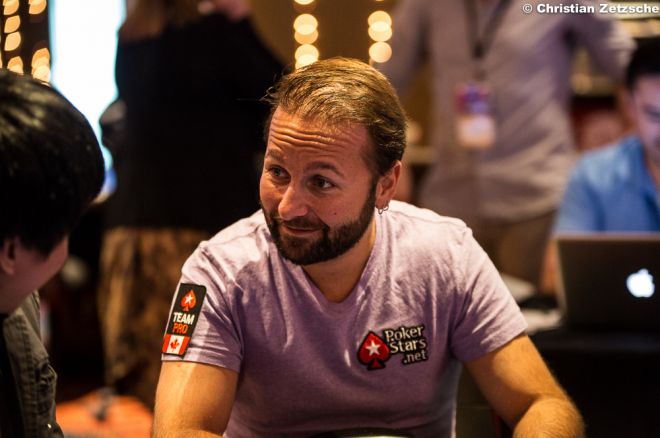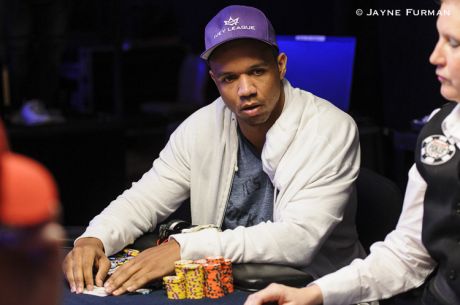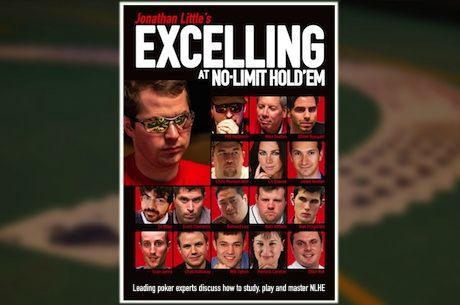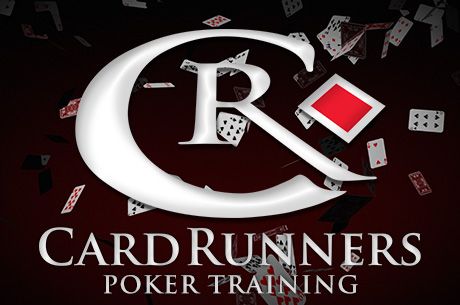Pick Your Spots: Focusing On Exploiting Weak Players

In his 2007 book Hold��em Wisdom For All Players, Daniel Negreanu wrote the following:
��You could be the fifth best poker player in the world, but if you��re seated at a table with the top four players in the world, well, you��re the sucker!��
While this quote likely originated some time before the six-time World Series of Poker bracelet winner put it into print, the truth behind it remains valid.
More often than not, this quote is associated with the idea of game selection. Game selection is a fairly basic yet important concept, and certainly worth giving some attention to regardless of your level of experience.
Essentially, poker is a game where more often than not, players tend maximize their profits playing against opponents who are weaker than themselves. Playing against predictable players whose overall skill levels are below your own gives you an edge and drastically increases the chance that you will make money. Conversely, playing in a game filled with many better skilled players means that you��re going to have to work harder for profit and therefore will have a significantly smaller chance of walking away a winner.
While game selection is an important concept, it can be fairly hard to apply sometimes, especially when it comes to live games. For example, most $1/$2 no-limit hold��em games have a waiting list and more often than not you simply grab a seat whenever one opens up.
Despite it being difficult to scope out several tables and play the one that you perceive to be weakest, there are still ways to maximize your profit by being selective about which opponents at the table you choose to engage in pots.
If your goal is to make money �� which should be the primary goal of any poker player �� you should generally try to avoid engaging players whom you perceive to be better than you, if possible. Attacking an active and aware player is not a profitable strategy in the long run. Instead, you should focus your efforts on observing exactly who the tight and passive players are at the table and finding spots to engage them in action.
For example, say you��re sitting in that $1/$2 cash game and over the course of the session you observe two players who are consistently exhibiting those tight and passive tendencies. When they open pots preflop and continue on the flop, they are almost always showing down big cards that connected with the flop. On the other hand, there is another player at your table who is opening and three-betting pots hands frequently, who is winning many pots without a showdown, and who seems to be winning in those hands that go to showdown as well. Which of these players do you think you should engage?
The answer is simple. It will always be easier and more often than not more profitable to play against opponents whose games are relatively transparent and who will rarely play back at you. By opting to pick spots where you play hands against these seemingly timid players, you can enact a strategy where you��re more likely to be successful betting at and taking down many small pots.
An important factor behind this concept is not to let ego get in the way. It may be tempting sometimes to play back at a good player and it will even feel refreshing if you manage to beat that skilled player out of a pot.
That being said, the point of playing poker should not be to stroke your ego by outplaying a good player in one hand. Instead, you are looking to make as much money in any given session as possible, and if that means avoiding the trouble spots at the table if possible, then that��s going to be a favored course of action. The fact is, you should be looking for edges and cracks in the game that are occurring organically, not trying to create them.
Remember Negreanu��s advice and if possible try to practice smart game selection if it is feasible to do so. But even if you take a seat at a table at which you aren��t one of the best players, realize the benefit of avoiding the tough ones to play hands with less challenging opponents, if you can.
Get all the latest PokerNews updates on your social media outlets. Follow us on Twitter and find us on both Facebook and Google+!








